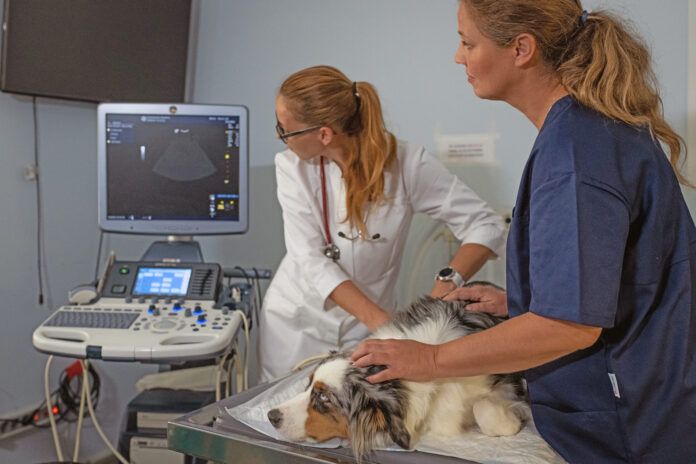
Credit: Mr. Vito | Getty Images
If you think veterinary fees have gone up recently, you’re correct. The Bureau of Labor Statistics shows pet services have risen 60% over the last 10 years—and over 7% in just the last year. Why? Guesses range from corporate greed to higher costs for more advanced technology. (I didn’t read any statistics that any individual veterinarians are focusing more on money than care; for most, their hands are tied, and it breaks their hearts to see clients leave with a sick pet because of cost.)
So, while corporations have the right to grow, expand, and set prices they think people will pay, our alternatives to fight back are limited. The options include:
- Seek out privately owned veterinary clinics, which include around half of clinics nationwide. They may offer basic services at less than their corporate competitors. The downside is big, however: You may need to leave your favorite veterinarian and/or drive a distance.
- Buy insurance for your dog—not just accident coverage—but real health coverage for the pricey things, like surgeries and many diagnostics. My dogs have pet insurance. When one dog needed emergency surgery, what the insurer paid totaled more than every premium I had paid! The outdated “establish a savings account for your pet expenses” advice pales when you’re faced with a surgery estimate of $7,500. And, God forbid, you’re told that your dog has cancer, but he can be cured. $15,000, please.
- And here’s the biggie: Support a new bill proposed by two congresswomen that will amend IRS rules on the use of HSAs and FSAs to include pet expenses up to $1,000. They’re asking that benefits for verified service animals would be limitless.
Congresswomen Deborah Ross of North Carolina and Claudia Tenney of New York introduced the People and Animals Well-being (PAW) Act on September 10. The bill wants to “expand eligibility to include veterinary care expenses under tax-advantaged health care spending accounts, specifically Health Savings Accounts (HSAs) and Flexible Spending Accounts (FSAs). Additionally, the legislation supports veterans and people living with disabilities by imposing no limit on veterinary care expenses for service animals and by ensuring that the Internal Revenue Service (IRS) relies on an up-to-date federal definition of ‘service animal’ for HSA and FSA expenses, which includes animals trained to assist with both physical and mental disabilities,” says Ross.
“Our pets and service animals are cherished members of our families, and it’s essential that owners have the ability to pay for quality care. The PAW Act offers greater flexibility to pet owners by allowing them to use HSAs and FSAs for pet care expenses,” says Tenney.
No, this bill isn’t perfect and $1,000 isn’t a lot, but it will help. Our pets are part of our family.
With so many people struggling just to feed and care for their children, shelters are overflowing with homeless pets with heartbreaking stories. If this bill keeps just one dog in his forever home, I think it’s worth it. Tell your local representatives that this bill needs to be supported and passed.


